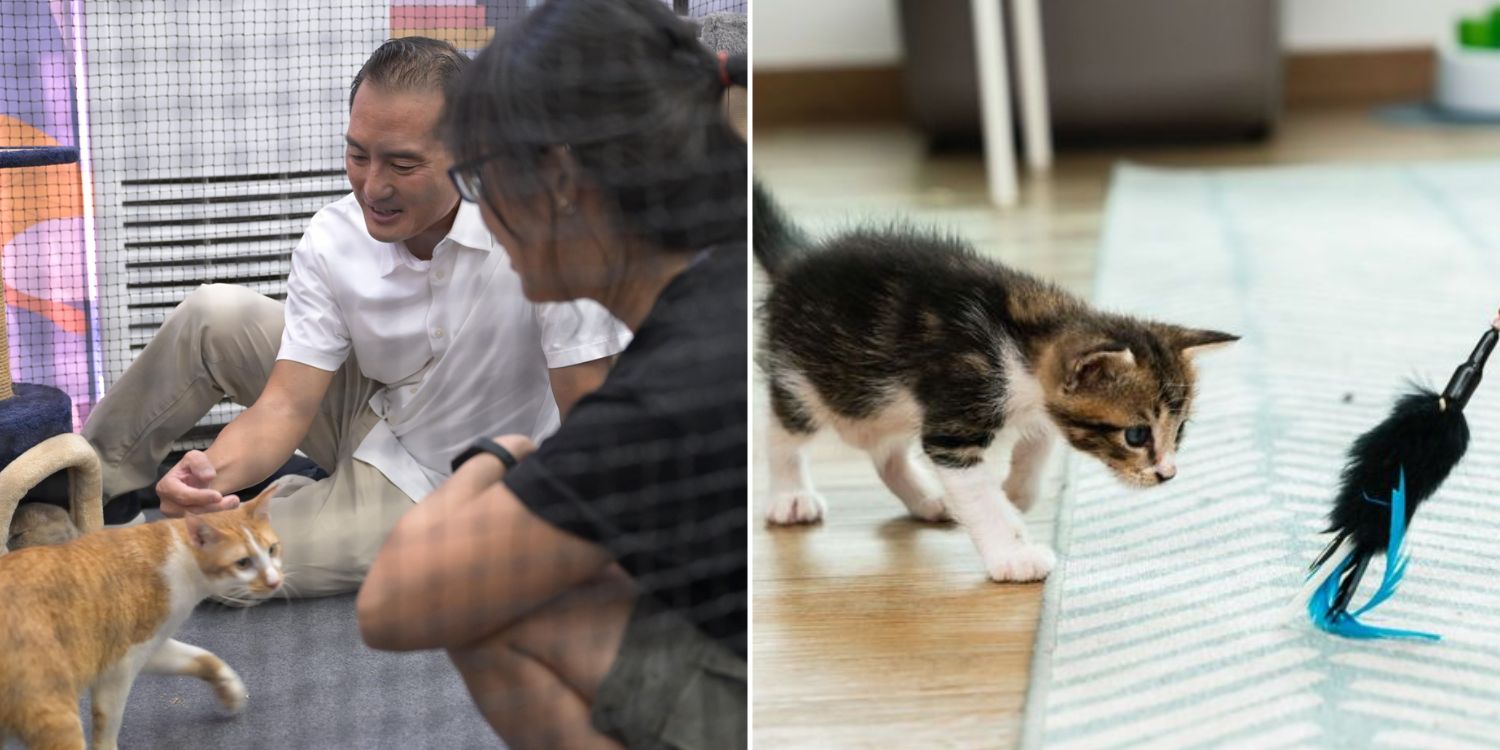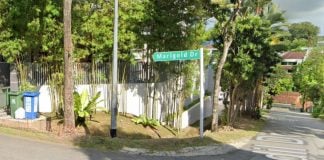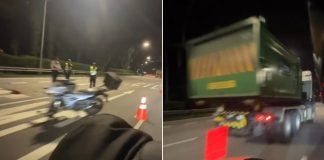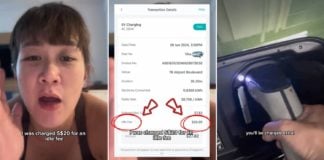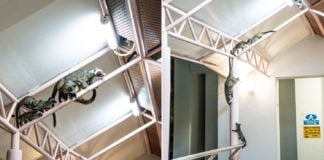Up to 2 cats allowed for HDB flats from Sep 2024
On Saturday (11 May), the Animal & Veterinary Service (AVS) finalised a management framework for cats in Singapore.
From 1 Sep 2024, HDB residents can keep up to two cats and a dog of an approved breed in their apartments.
Up to three cats or dogs, or a combination of both, will be allowed in private premises.
Up to 2 cats allowed in HDB flats with microchipping required
In addition to the number of felines allowed in the respective properties, owners must also license and microchip their pet cats.
AVS will introduce a two-year transition period from 1 Sep 2024 to 31 Aug 2026 to help residents adjust to the new rules and licensing conditions.
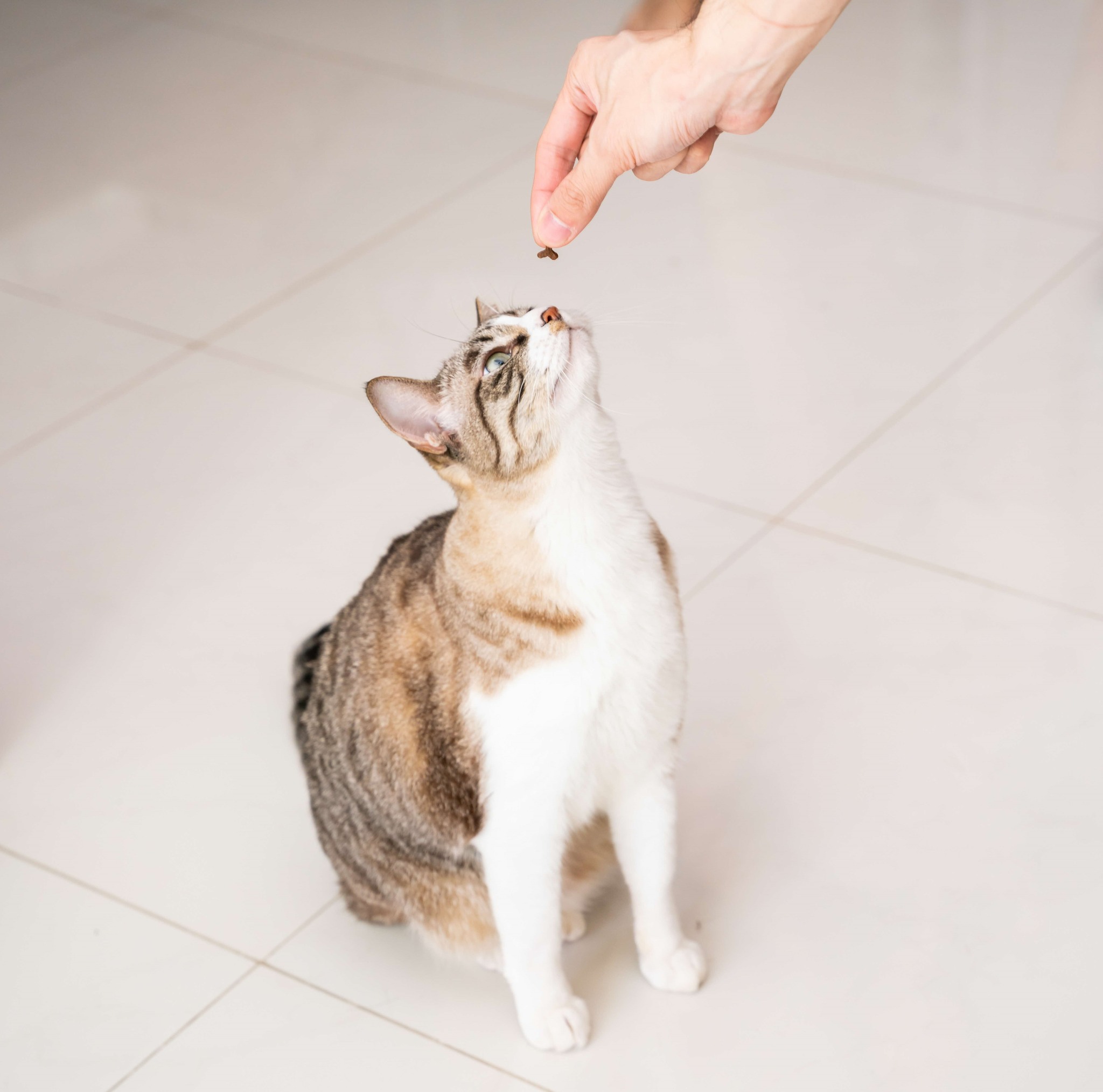
Source: NParks on Facebook
AVS will also implement the following measures to support cat owners:
- Allowing owners to keep all existing pet felines as long as they licensed them during the transition period and could ensure the caretaking of their health and welfare
- Providing free licensing during the transition period
- Introducing the Pet Cat Sterilisation Support (PCSS) programme for low-income households on 1 Sep 2024
From 1 Sep 2026, it would be an offence to keep unlicensed pet cats.
Licensing for pet cats available online
AVS added that licensing for pet cats will be available via its Pet Animal Licensing System (PALS) from 1 Sep 2024
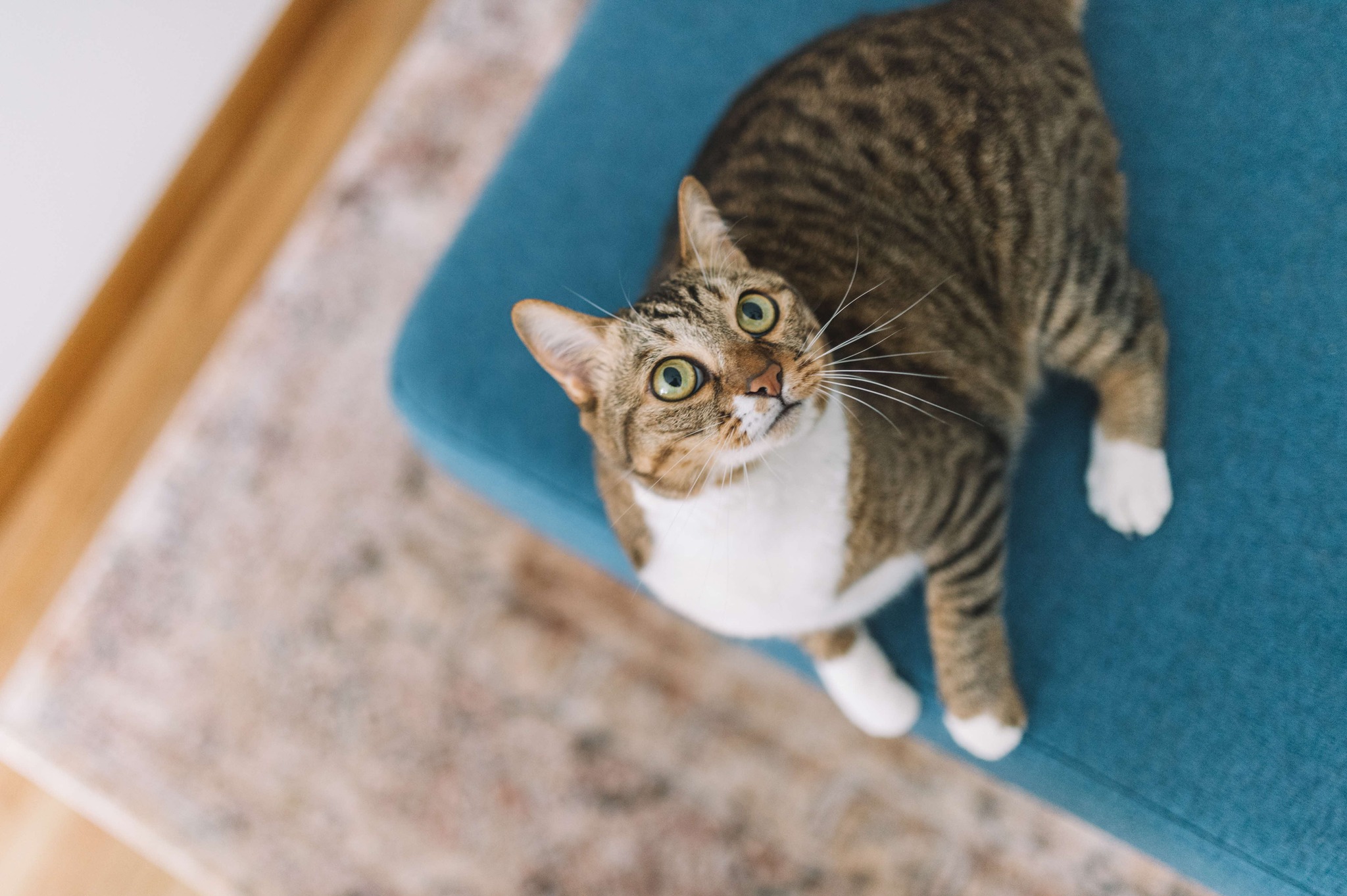
Source: NParks on Facebook
To apply for a license, cat owners must meet these requirements:
- Have their pet felines microchipped
- Complete a one-time free online pet ownership course (For first-time cat or dog licence applicants)
In addition, they must comply with the following cat-keeping regulations
- Keep their felines in a safe environment and take “reasonable steps” to protect them from hazards.
- Keep their cats under physical control in public by using a harness or placing them in a carrier
Owners who breach these rules will be liable for an offence. More information can be found on AVS’ website.
Free sterilisation and microchipping for low-income households
Under PCSS, AVS will support low-income households by providing free sterilisation and microchipping for pet cats.
By doing so, AVS aims to stem the unintended breeding of pet cats in households that are unable to afford sterilisation.
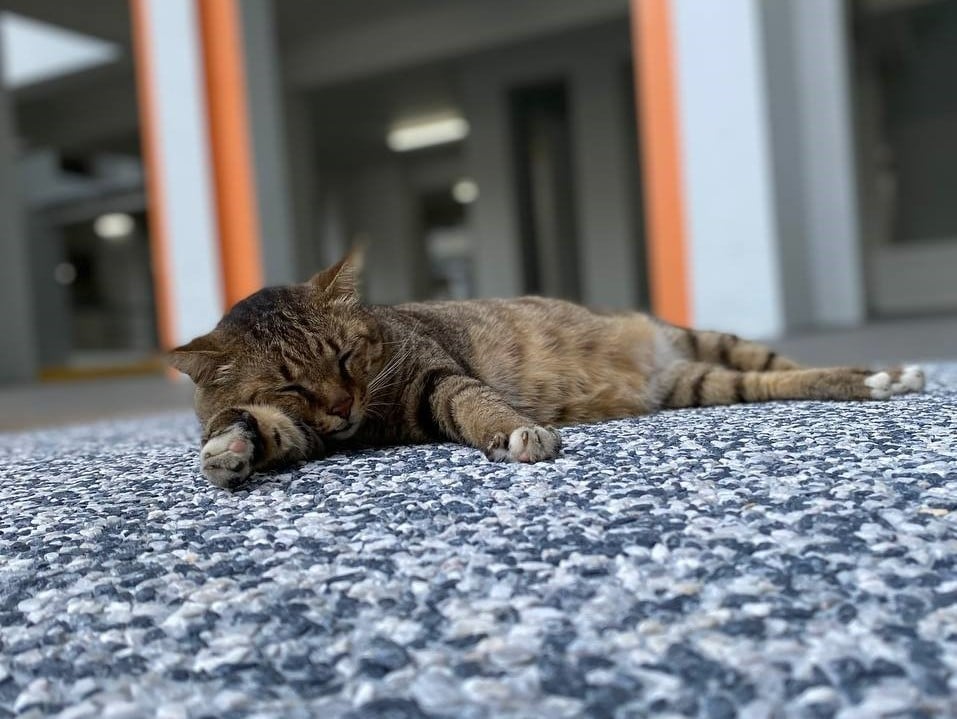
Source: NParks on Facebook
“It also seeks to address downstream animal welfare issues and disamenities arising from the overpopulation of pet cats,” AVS stated.
When the transition period kicks off on 1 Sep, cat fosterers can apply to license their fostered cats through AVS’ PALS.
Fosterers will receive the license as long as they’re able to prove that they can look after the felines’ health and welfare.
AVS also stated that they will work with other agencies to co-develop guidelines that will allow cat fosterers to keep more cats. AVS said this will be done in a phased approach and will share more information when ready.
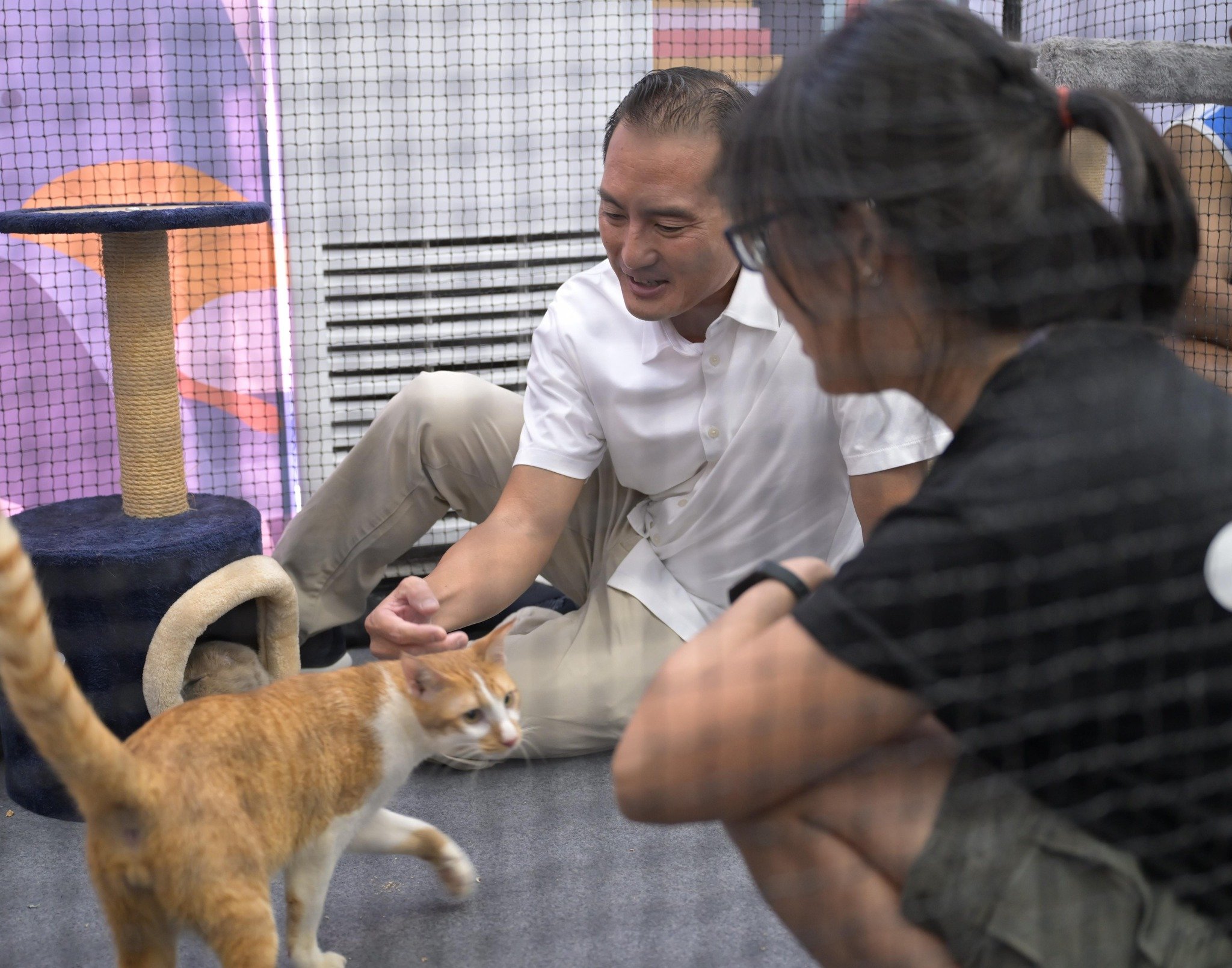
Source: NParks on Facebook
The full statement on the guideline can be found on NParks’ website here.
AVS finalises cat management framework
AVS shared that the cat management framework came after extensive public consultation which began with a two-month public survey in Sep 2022 that received over 30,000 responses.
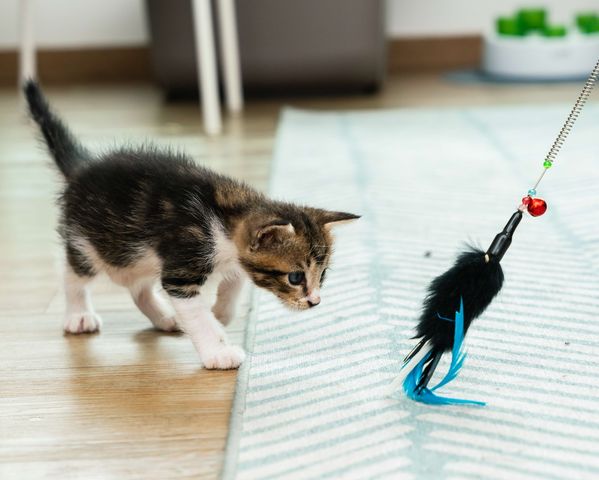
Source: NParks on Facebook
AVS then conducted focus group discussions which included more than 100 cat owners, non-cat owners, and community cat caregivers, among others.
Following the input from the survey and the discussions, AVS carried out a two-month public survey for feedback on the proposed cat management framework.
Also read: Cats may be allowed in HDB flats under AVS proposal, they must be microchipped & licensed
Cats May Be Allowed In HDB Flats Under AVS Proposal, They Must Be Microchipped & Licensed
Have news you must share? Get in touch with us via email at news@mustsharenews.com.
Featured image adapted from NParks on Facebook.
